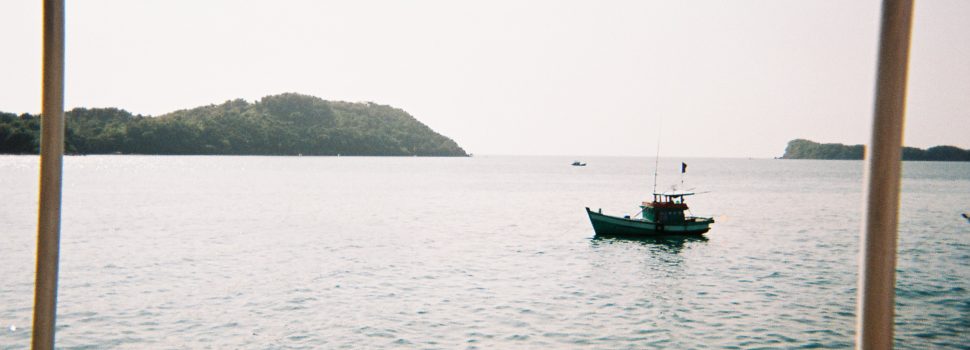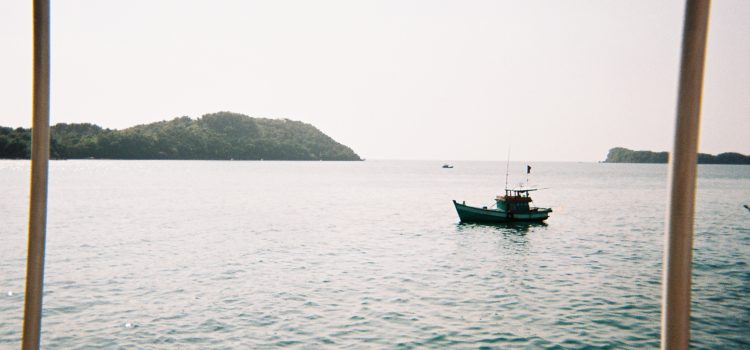

Community-based fisheries organisations and sustainable development: Lessons learned from a comparison between European and Asian countries
NewsResearchSouthern University of DenmarkUniversidade de Vigo 9 July 2021

Community-based fisheries organisations and sustainable development: Lessons learned from a comparison between European and Asian countries
Author(s)
Iria García-Lorenzo, Department of Applied Economics, ERENEA, ECOBAS, University of Vigo, 36310 Vigo, Spain
Dewan Ahsan, Department of Sociology, Environmental and Business Economics and Co-head, Danish Center for Risk and Safety Management, University of Southern Denmark, Esbjerg 6700, Denmark
Manuel Varela-Lafuente, Department of Applied Economics, ERENEA, ECOBAS, University of Vigo, 36310 Vigo, Spain
Abstract
Small-scale fisheries (SSF) provide livelihoods for millions of people, contribute to global food security and economic development, and are considered a less aggressive type of fishing activity. Therefore, SSF can significantly contribute to sustainable development, particularly in areas related to the sea and marine resources.
However, the characteristics of the local communities involved in SSF, and their organisational and managerial capacities, can significantly affect the effectiveness and sustainability of the activity.
From this perspective, this paper discusses different aspects of the contribution of community-based fisheries organisations (CBFOs) to sustainable development in SSF. To do this, a comparative analysis was carried out for several European, Southeast Asian and South Asian countries, in contexts with institutional, historical and environmental diversity. The cases studied are Spain, Portugal, Cambodia, Vietnam and Bangladesh. The analysis was based on the approaches from the New Institutional Economics and the Social and Solidarity Economy (specifically on compliance with the cooperative principles).
The full article available here
